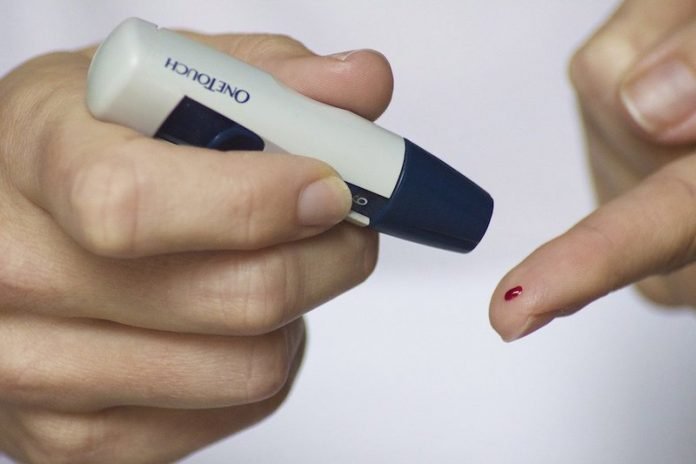
For people who are overweight or obese and have type 2 diabetes, the first line of treatment is usually lifestyle intervention, including weight loss and increased physical activity.
In a new study, researchers found that while this approach has heart benefits for many, it can be detrimental for people who have poor blood sugar control.
The research was conducted by a team at Wake Forest School of Medicine.
In the study, the team examined data from 5145 participants with type 2 diabetes who were overweight or obese. These people had 10 years of Intensive lifestyle intervention.
The intervention focused on weight loss through a decreased caloric intake and increased physical activity.
The researchers divided the study participants into four subgroups: diabetes onset at an older age, poor glycemic control, severe obesity, and younger age at onset.
They found that lifestyle interventions reduced potential heart harm and optimized benefits for 85% of the participants.
However, for those who had poor blood sugar control, lifestyle intervention increased the risk of major cardiovascular events.
In the group, the intervention was linked to an 85% higher risk of having heart disease as compared to the control group.
Based on the findings, the team says doctors may want to consider alternative options, such as glucose-lowering drugs, before trying lifestyle modification for those people.
One author of the study is Michael P. Bancks, Ph.D., an assistant professor of public health sciences.
The study is published in the journal Diabetes Care.
Copyright © 2021 Knowridge Science Report. All rights reserved.



